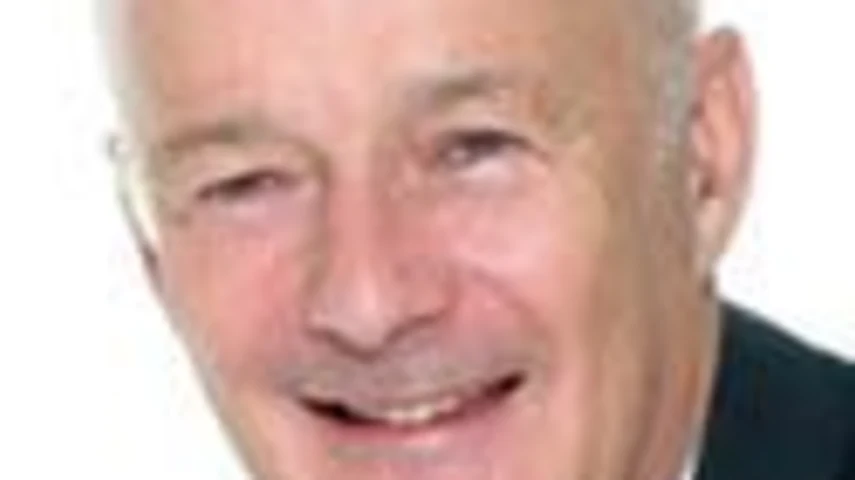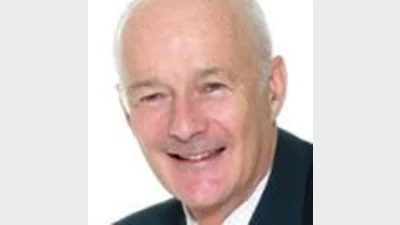Tight margins drive M&A talk



Richard Gilbert
Declining wealth management revenues and tighter margins combined with the efficiencies that will be delivered by product rationalisation are likely to result in an upturn in merger and acquisition activity and consolidation within the Australian financial services industry.
That is the bottom line of a number of analyst reports that have pointed to the impact of the current market volatility on wealth management profits and the manner in which easing product rationalisation would remove one of the key impediments to consolidation.
The analyst reports have been published at the same time as wealth management groups have been reporting significant profit downturns, including Suncorp, which acknowledged that profits within its wealth management business might be down by as much as $15 million to $20 million.
A number of the analyst reports suggest that the proposed merger of Westpac and St George has unsettled other players in the financial services arena, particularly the possibility of a resultant merger of the BT and Asgard platforms, which would emerge with around $85 billion in funds under management.
The chief executive of the Investment and Financial Services Association (IFSA), Richard Gilbert, declined to speculate on what mergers and acquisitions might be in contemplation, but agreed that product rationalisation would deliver the sorts of efficiencies that would make such strategies more attractive.
“There is no question about product rationalisation generating considerable efficiencies,” he said.
An analysis published by Citigroup late last month said that, to date, wealth management mergers had been complicated by a number of issues, including platform integration, managing legacy books, minimising planner disruption and supporting customers through the transition.
“Such complications can challenge the economics of large deals,” the analysis said. “However, regulatory change could be about to make consolidation easier.”
It said that a Federal Treasury discussion paper on product rationalisation had referred to an industry study that estimated the annual economic benefit from integrating legacy platforms at around $120 million to $350 million a year.
The Commonwealth released a discussion paper on product rationalisation in June last year and the Government is due to respond to industry submissions on the proposed rationalisation framework by the end of this year.
However, with the Minister for Superannuation and Corporate Law, Senator Nick Sherry, scheduled to address this week’s IFSA national conference on the Gold Coast, there is an expectation among delegates that he will indicate that product rationalisation is part of the Government’s broader push to reduce overall cost structures, particularly with respect to superannuation.
Recommended for you
While social media can have positive financial influence, the overwhelming risks signal a greater need for affordable advice as Australians continue to seek financial education on social media.
Financial advisers will have to pay around $10.4 million of the impending $47.3 million CSLR special levy but Treasury has expanded the remit to also include super fund trustees and other retail-facing sub-sectors.
ASIC has taken action against a South Australian financial advice provider who secured $1.4 million for purported investment in gold salvage from Solomon Islands shipwrecks.
Recommendations by the FSC around implementing a practicing certificate framework for advisers would be burdensome and add little value for AFSLs, according to SIAA.











